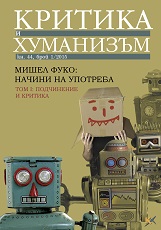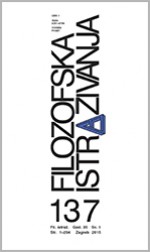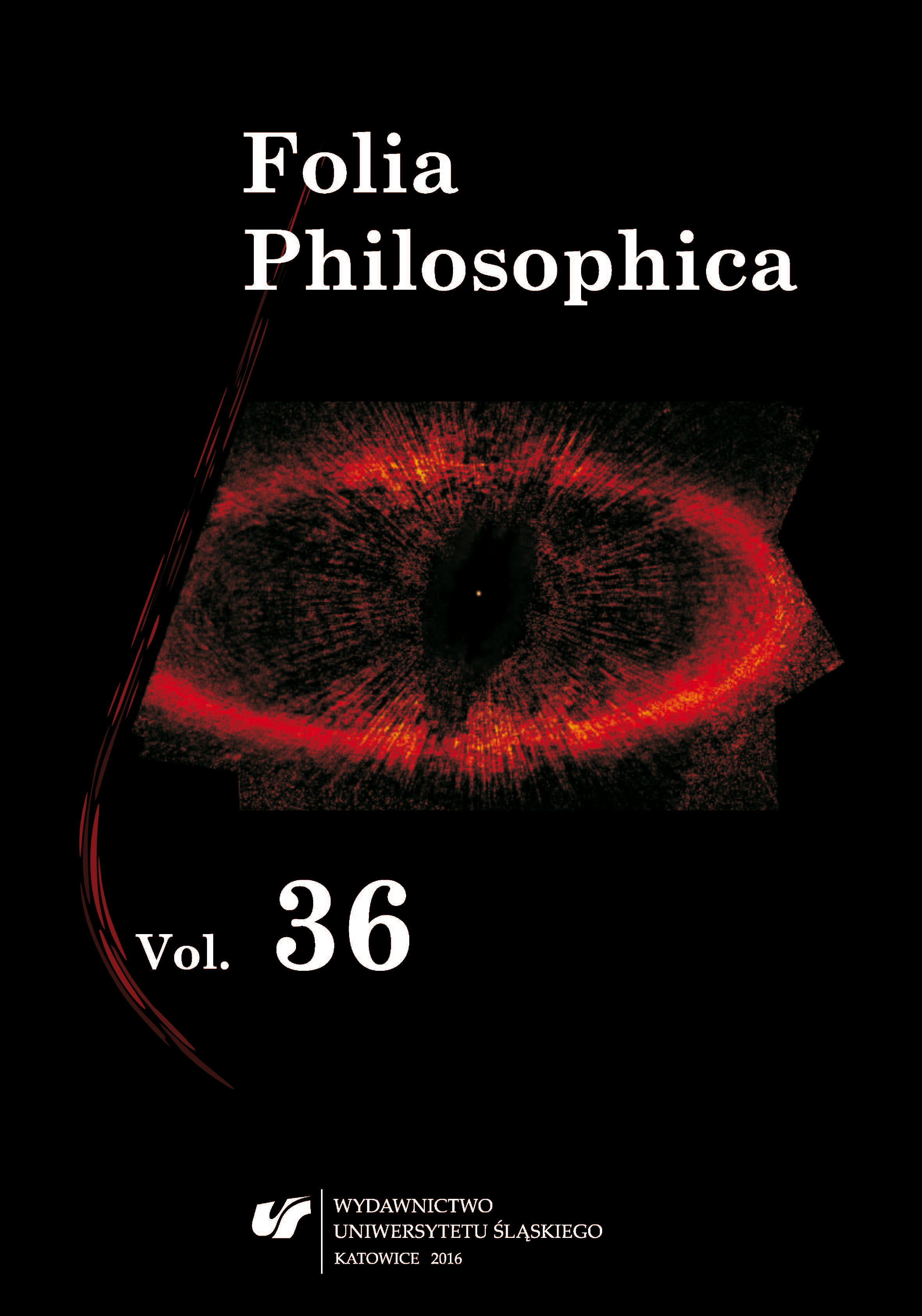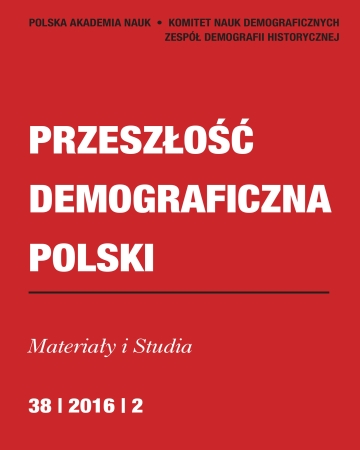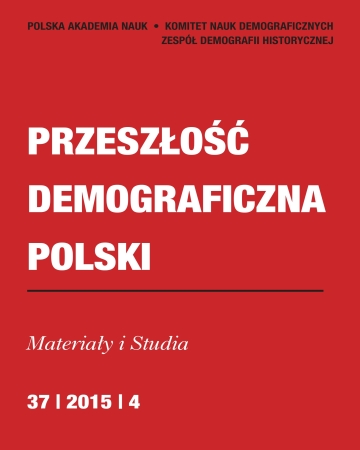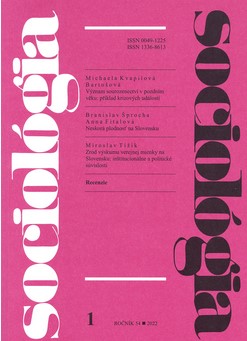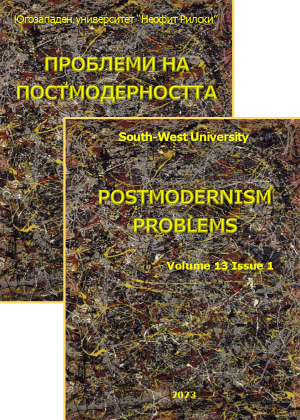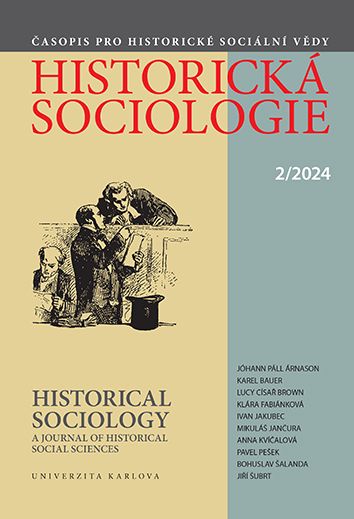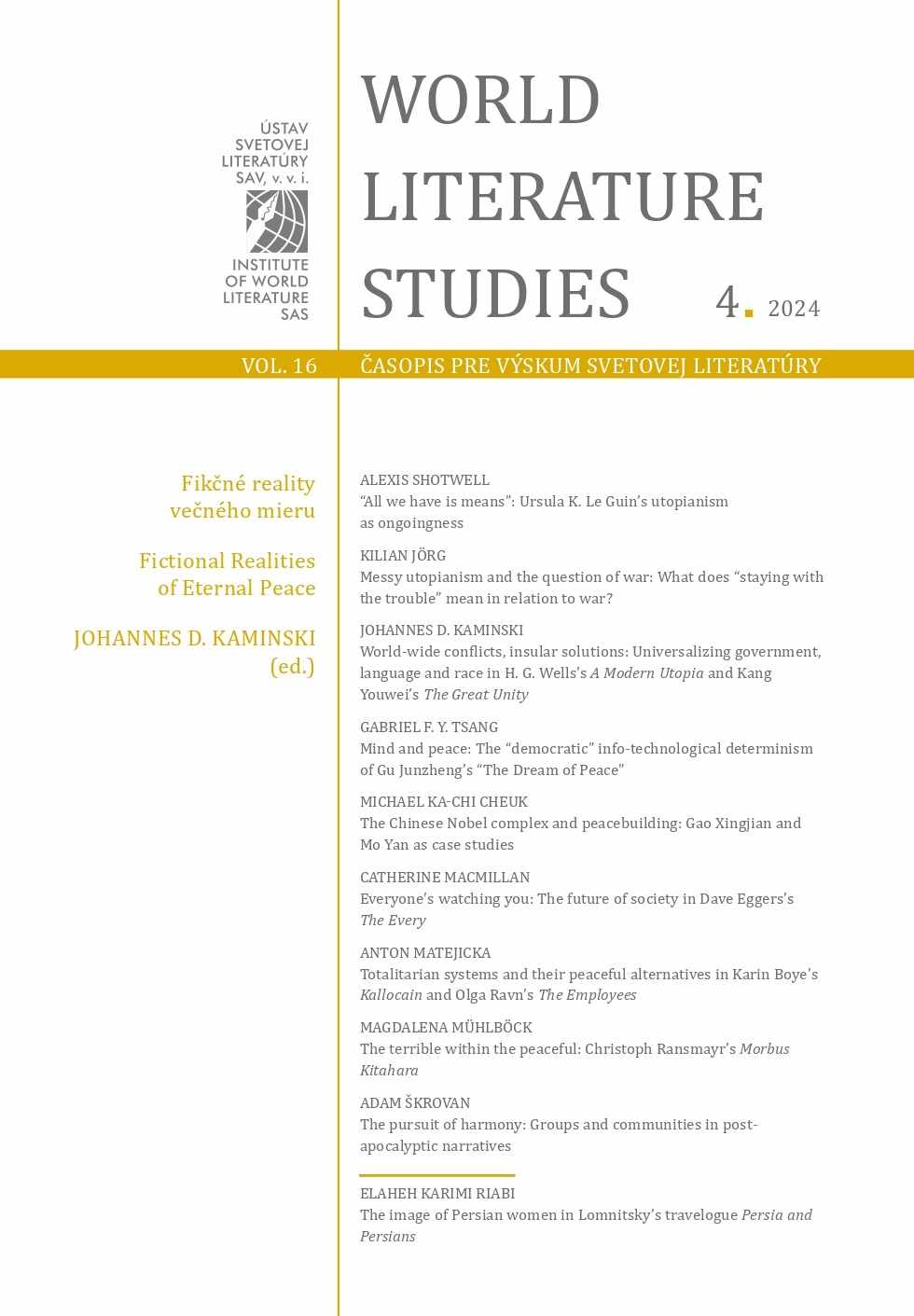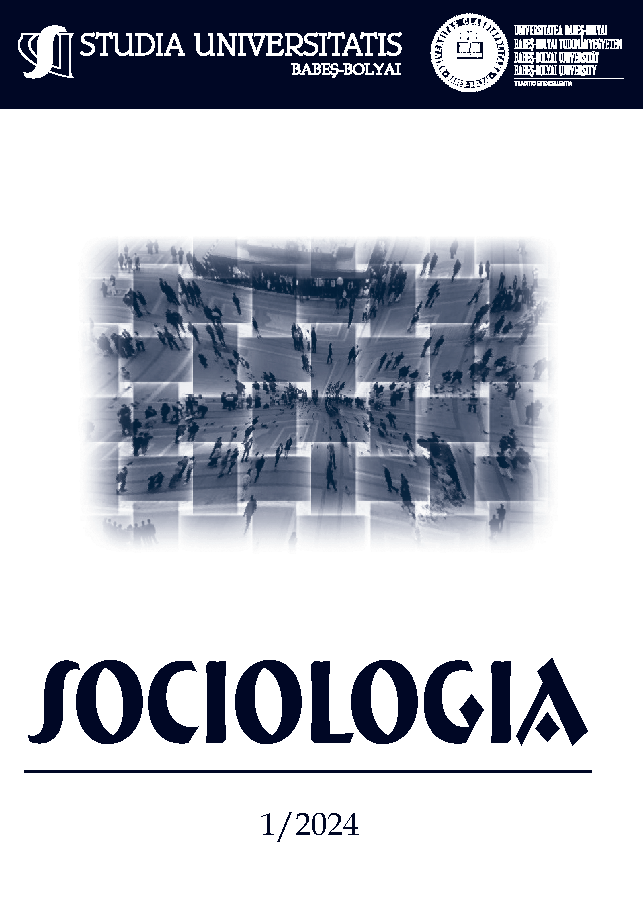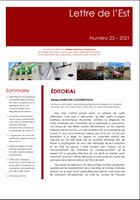
Językowa kreacja rodziny żydowskiej w powieści Meir Ezofowicz Elizy Orzeszkowej
In her novel, Meir Ezofowicz, the author provides an insight into the social and cultural reality of a Jewish borderland town in the second half of the 19th century. The four Jewish families featured in the novel come from diverse cultural, socio-economic, and religious backgrounds. The linguistic images created by Orzeszkowa reflect the stereotypical perception of reality, and, at the same time, condemn all anti-social behaviour, including that observed within the Jewish diaspora community.
More...
